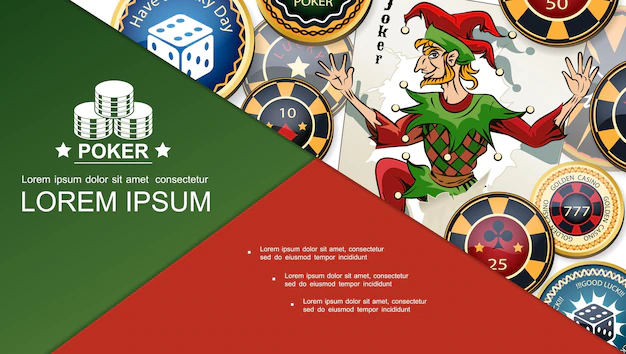
Social Gaming: A Gateway to Real Money Gambling?
In recent years, social gaming has become increasingly popular as a form of entertainment for people of all ages. With the rise of social media platforms and mobile gaming apps, more and more individuals are spending their free time playing online games with friends and strangers alike. But could social gaming be a gateway to real money gambling?
The Rise of Social Gaming
Social gaming refers to the playing of online games on social media platforms or mobile apps, often with a social element such as multiplayer functionality or leaderboards. It has become a booming industry, with millions of players around the world engaging in games like Candy Crush, Farmville, and Words with Friends.
One of the key appeals of social gaming is its accessibility – anyone with a smartphone or computer can easily join in on the fun. In addition, social gaming allows players to connect with friends and family members, fostering a sense of community and camaraderie.
The Link to Real Money Gambling
While social gaming is predominantly for fun and entertainment, some critics argue that it could serve as a gateway to real money gambling. This is because many social games incorporate elements of chance, such as loot boxes or in-game purchases, which can mimic the thrill of traditional gambling.
Furthermore, some social gaming platforms offer players the option to participate in online tournaments and competitions for cash prizes. While these competitions may not technically be considered gambling, they do blur the lines between gaming and betting.
Concerns and Risks
There are several concerns and risks associated with the potential link between social gaming and real money gambling. For starters, young and vulnerable individuals may be particularly susceptible to the lure of social gaming, leading to an increased risk of problem gambling behaviors.
In addition, the addictive nature of social gaming can make it difficult for some players to resist the temptation to spend money on in-game purchases or enter tournaments with cash prizes. This can quickly escalate into a harmful gambling habit if left unchecked.
Regulation and Oversight
To address these concerns, many countries have implemented regulations and oversight measures to monitor the relationship between social gaming and real money gambling. For example, some jurisdictions prohibit the sale of virtual items for real money or require age verification for online gaming platforms.
Furthermore, social gaming companies are increasingly being held accountable for their practices, with some facing lawsuits for allegedly targeting underage players with gambling-like mechanics. This has led to a push for greater transparency and responsible gaming measures within the industry.
Conclusion
While social gaming can provide hours of harmless fun and entertainment for players of all ages, it is essential to be mindful of the potential risks associated with its connection to real money gambling. By staying informed and practicing responsible gaming habits, individuals can enjoy the benefits of social gaming without falling into the trap of addictive behaviors.
Ultimately, social gaming should be seen as a form of leisure and enjoyment, rather than a pathway to risky gambling activities. With proper regulation and oversight, the industry can continue to thrive while promoting safe and responsible gaming practices for all players.

